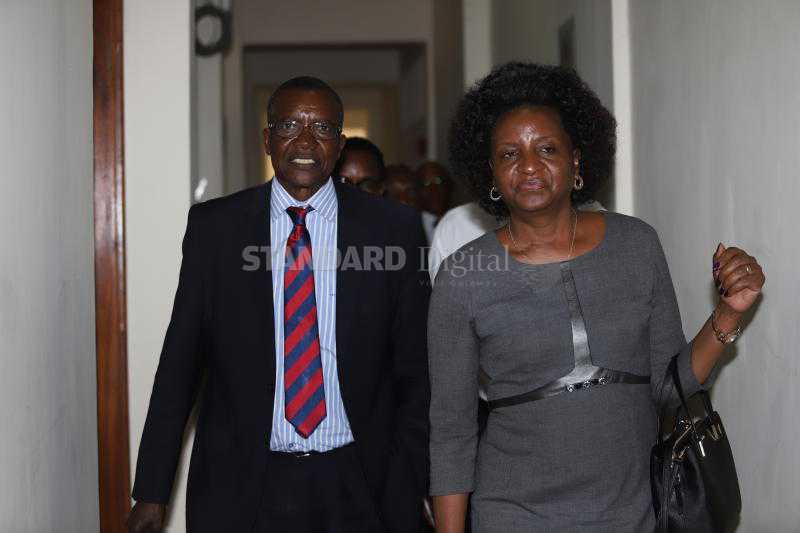
The basis of any public office, as many have pointed out, is the people it serves. We, the people, are the owners of all authority and sovereignty. We only donate it in different forms to different individuals when it serves us right. And it should always serve us right.
So every time we donate out authority and power, the beneficiaries of the donation must always remember which side of their bread is buttered and pay due allegiance. Because, to paraphrase the sages, we are paying the piper and should by all means be allowed to choose the tune.